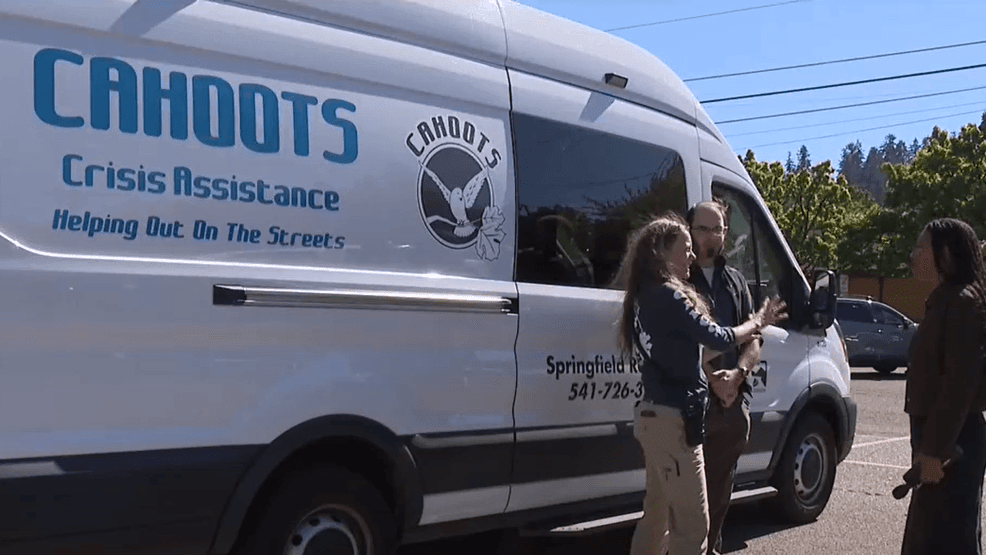EUGENE, Ore. — CAHOOTS has made the national stage again.
New York City’s mayoral front runner is looking to Eugene for inspiration, praising the city’s former mobile crisis response program as a model for their city.
Back home in Eugene, that program has flatlined – but CAHOOTS still has street cred.
During a mayoral debate in NYC last week, Democratic candidate Zohran Mamdani cited Eugene’s CAHOOTS program as the gold standard for mobile crisis response.
“What my plan will do, an innovative plan of the Department of Community Safety, will take what has worked elsewhere in the country – a program in Eugene, Oregon, where they took 24,000 911 mental health calls out of the police department. They were able to respond to all but 311 without police assistance,” Mamdani said.
While the CAHOOTS model continues to inspire cities nationwide with similar programs being funded by Oregon Senator Ron Wyden’s CAHOOTS act, the program itself has collapsed in Eugene.
Six months ago, the City of Eugene ended its contact with White Bird Clinic, the nonprofit that ran CAHOOTS for 35 years.
Layoffs, funding cuts, and labor disputes within White Bird left the city without its flagship mobile crisis team that gained notoriety during the Black Lives Matter protest movement.
Former CAHOOTS workers founded Willamette Valley Crisis Care (WVCC) – a new nonprofit – and they are working to pick up the mantle that they feel White Bird has abandoned.
“We have all of this support from many other areas, from many other local partners, state partners, national partners,” said WVCC board member Robert Parrish, “and yet our own parent agency continues to behave in ways which harm the people who do this, which harm the model, which tries to change the model fundamentally from what it has been the last 35 years, and it is a little head-scratching.”
WVCC is waiting on city council to put out a request for proposals that would fund Eugene’s next mobile crisis response services.
In an email, White Bird says they continue to express goodwill toward WVCC and wish them success in serving the community:
“We believe that Lane County residents benefit from strong, responsive crisis services regardless of which organization provides them.”
Lane County launched its own mobile crisis services in August, funded through the CAHOOTS Act.
The program offers 24/7 behavioral health crisis response throughout the county.
The team pairs trained mental health professionals to respond to 911 and non-emergency calls involving people in crisis.

